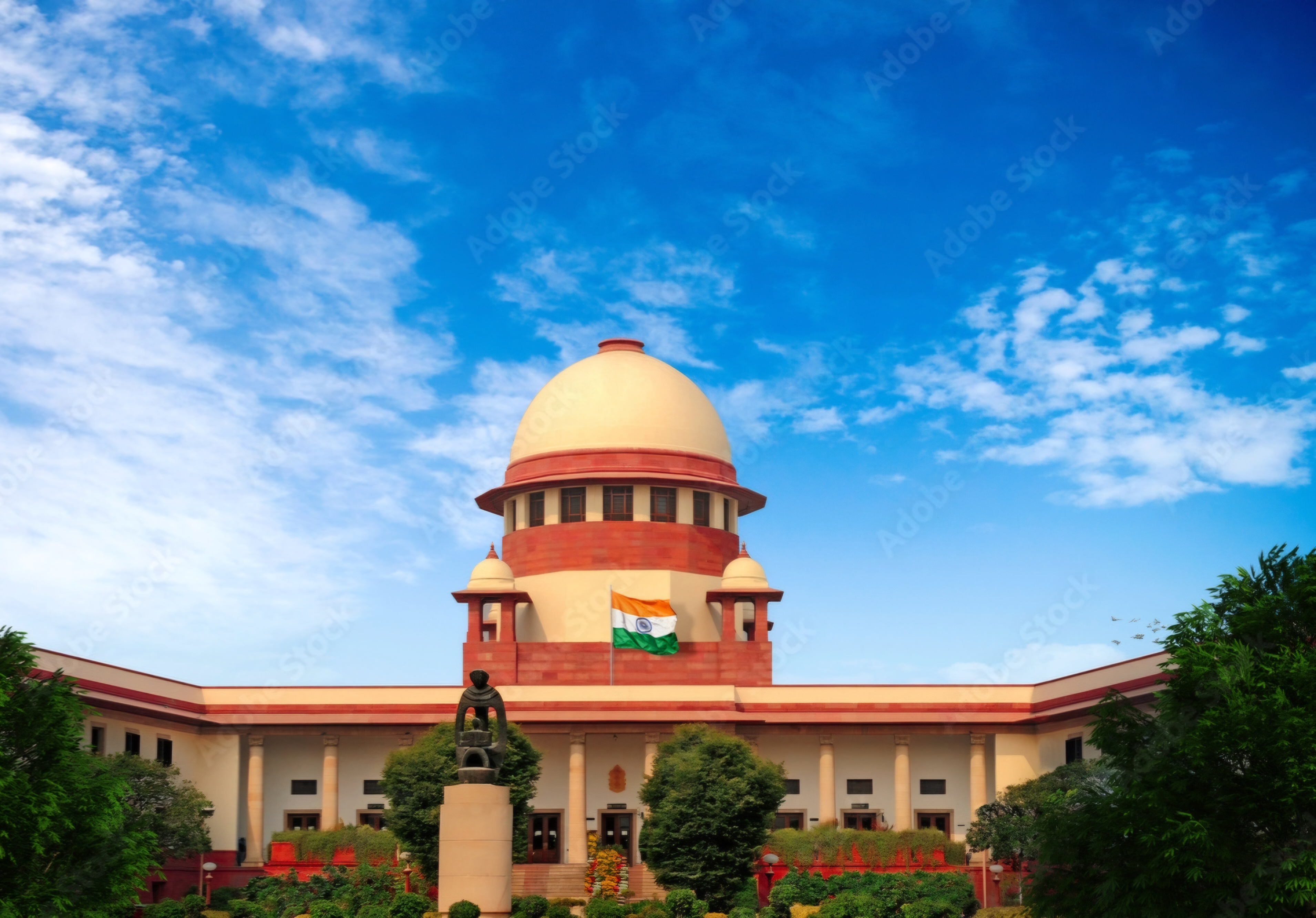


In a recent hearing on October 3, 2024, the Supreme Court of India expressed its concerns over the Lieutenant Governor (LG) of Delhi’s intervention in the Municipal Corporation of Delhi’s (MCD) standing committee elections. The issue arose when the Delhi LG, Vinai Kumar Saxena, allegedly overturned the results of the standing committee polls, leading to controversy regarding the extent of his authority in municipal matters.
The standing committee is one of the most powerful bodies in the MCD, responsible for key financial and policy decisions. The election process was marred by allegations of irregularities, with the Delhi LG citing procedural violations in declaring the results. His actions were challenged by the Aam Aadmi Party (AAP), which governs Delhi, arguing that the LG’s interference undermines democratic principles and the autonomy of elected municipal bodies.
The Supreme Court bench, led by Chief Justice D.Y. Chandrachud, expressed reservations over the LG’s involvement, stating that such interference could set a dangerous precedent, particularly when it comes to the functioning of local self-governments. The Court emphasized that the Constitution guarantees the independence of local bodies and questioned whether the LG’s actions were constitutionally valid under the Government of National Capital Territory of Delhi (Amendment) Act, 2021.
The ruling party in Delhi, AAP, contended that the LG’s role is advisory in nature and limited to areas concerning law and order, public order, and land. The Supreme Court echoed similar concerns, pointing out the need for clear boundaries between the LG's powers and the elected government’s jurisdiction in Delhi.
The Court is set to deliver its final judgment in the coming weeks, which will likely clarify the balance of power between the elected government and the LG in matters concerning the MCD and other municipal bodies.
TAGS: Supreme Court Delhi LG MCD standing committee elections interference AAP Constitution autonomy local government